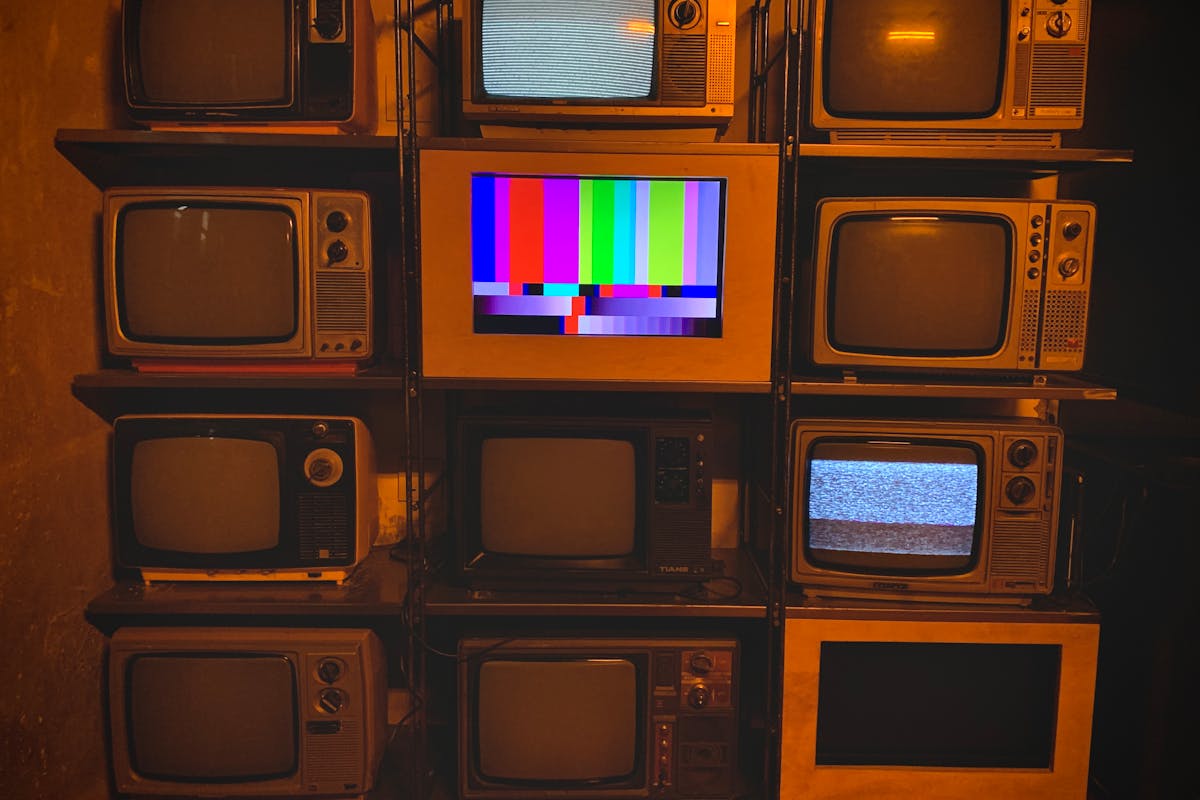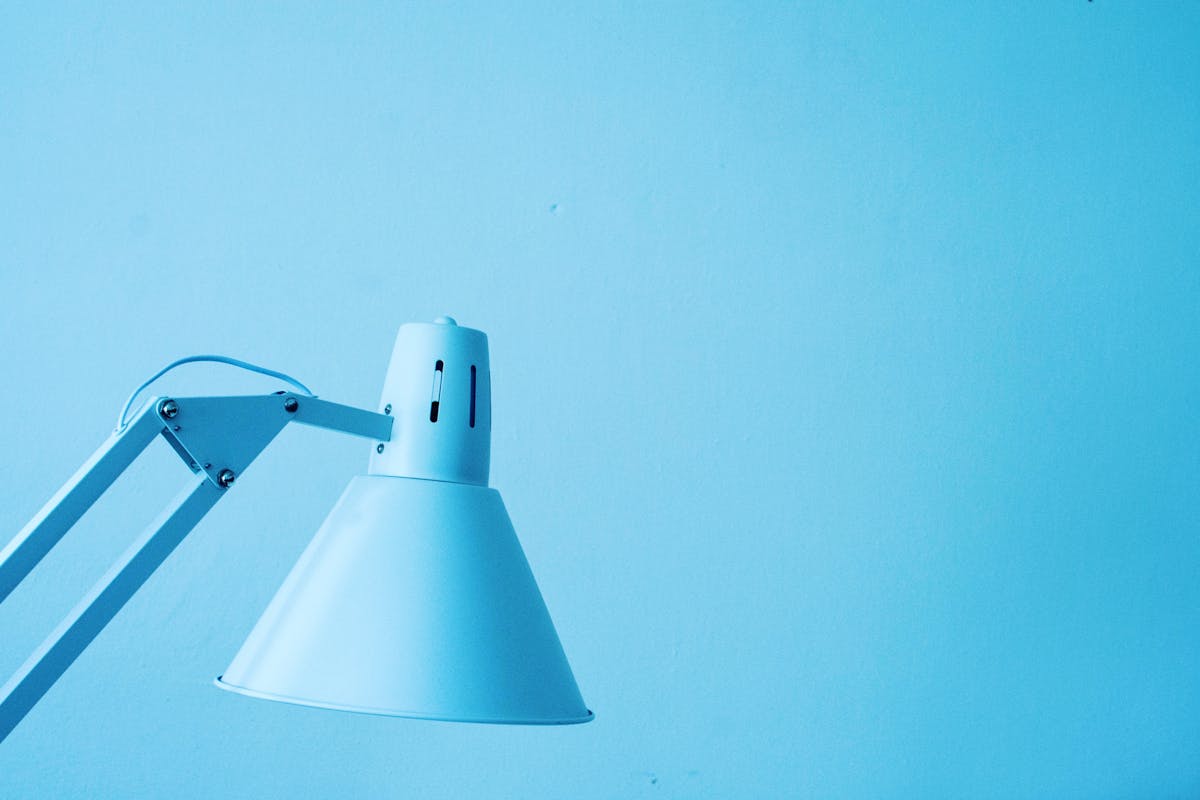Now streaming on Netflix: When Life Gives You Tangerines (Volume 4) - the farewell season
This four-part epic of a drama series better sweep up as many awards possible – both in their homeland of South Korea and internationally. Otherwise, I’ll be flipping the tables like Geum-myeong who in the story flips the table by standing up for what is right instead of bowing down to what feels comfortable, just because she is a female and therefore must conform to societal expectations of being and serving the domestic sphere and the confining herself to the rough seas.
From the looks of the preview at the end of Volume 3, you can expect once again tensions to boil over, and more emotional sequences, but yet meaningful delivery by the cast members. However, there are also quieter moments and the pacing is much, much slower, it can be quite challenging to watch.
But obviously, as someone who has been to Jeju Island and the Hanyeo Museum, I know that this drama deserves to be streamed and I have to finish it to the end, even If it means I have to fast forward during some of the slower scenes.
In this volume, you will see Geum-Myeong getting married to a certain Mr. Picasso with her ex watching from afar. A few more milestones follow.
However, Eun-myeong, I feel, has his moments on-screen as well – with him raising a newborn son with the daughter of a hate-spewing father in Sang-gil. Eun-myeong of course works to repay his parents, albeit in all the sneaky ways that he could think of – including fishing gone wrong.
Now, I can’t help but wonder whether the story would have turned out differently, with perhaps Eun-myeong kept on his toes by his younger brother should Ae-sun not make the careless mistake of assuming that her sons would be safe in the hands of a certain neighbour, while she had gone out to look for Geum-myeong, the only daughter in the family, who back then suffered a slight bicycle accident. One guess would be this drama series would have more episodes but with perhaps more calming scenes.
I find it impressive, sarcastic and humorous that both Sang-gil and Gwan-sik found the chance to speak to each other, although obviously, Sang-gil is brutally honest about being envious of his relationship with Ae-sun, after which, Gwan-sik just asks him to stop before they both end up behaving nastily and doing something that they might regret later, now that they’re both around their 50s-60s.
Even while Gwan-sik is walking his daughter down the aisle, you can tell that he’s aged and at a later stage, Gwan-sik knew that he was going to unfortunately pass on before his wife.
Many of the scenes in this volume are poetic – helped by the fact that Ae-sun has always wanted to be a poet but due to circumstances and how she also partly dropped out of school, she didn’t get the chance to do so when she was younger.
The scenes at the hospital pop up. A mix of annoyance and sadness fill my heart – especially when you see how some hospital staff treat the elderly (even in fiction) – just because they feel they are above them. Gwan-sik’s reaction to one of the counter staff is very telling – that he finally uses his voice to speak the truth – for the staff to be more professional and patient. This is a transformation from Gwan-sik’s demeanour earlier on in the series where Ae-sun uses that signature phrase “Cat got your tongue or something”? Why aren’t you saying anything?
I don’t think I need to go into the details of Gwan-sik’s diagnosis and how it makes viewers feel. For me, while it was somewhat expected, I don’t think I can stomach losing someone who has sacrificed that much, especially for someone who has been doing all the heavy work and how the livelihood is very much dependent on weather and natural forces.
There’s also a clever plot twist and I’m still in awe about it – Chloe Lee is the editor of Ae-sun’s collections of poems in the form of a published book. This particular woman is the same one who plays Ae-sun’s mother who had passed on. The Chloe Lee that we see at the ending of the series is the grown-up version of the daughter to a couple who was interviewed on television during the Jeju Canola Festival at a much much earlier stage of the show. Lee also appears in another scene in the series as a younger version. However, more significantly, the older Lee is perhaps Ae-sun’s answer to her hopes and prayers because Ae-sun, in her 70s, has in a previous scene, hoped that if her mother gets reincarnated, she’ll be sitting in an office, having a desk job and be the ideal boss.
Now you know why you can actually binge-watch this drama (not that I did), despite its sometimes annoying transitions and jumps. Its excellent cinematography is a factor, other than how the acting is powerful, script is not only poetic but also sometimes witty and sharp. And tell me, with a soundtrack and music so soothing and transformative, I don’t see why you won’t give this drama series a chance.









Showing 0 comments